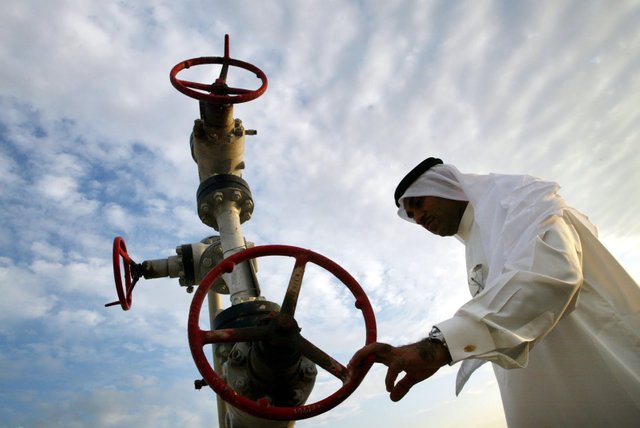
Crude prices have plummeted due to the coronavirus outbreak that had left Gulf Arab governments with a morsel of options to re-establish fiscal stability. This, they are doing, as they try to shield their economies and fight for currency pegs.
Even Saudi Arabia, deemed the richest among the Arab nations, which had been in conflict with Russia for market shares reeeling from the collapse of an output deal between OPEC and its allies on March 6th, is forecasted not be safe from the economic ripples caused by the virus outbreak.
The region, reliant on energy exports and slash subsidies, will introduce taxes in its efforts to diversify revenue sources and decrease the almost decadent, cradle-to-grave welfare systems and bloated public sectors.
The six Gulf Cooperation Council (GCC) governments are finding it hard to either hike taxes or make a cut on subsidies. They are head-on with its goal of stimulating market activities to bolster the economy that had been injured by the virus.
Should oil prices fail to recover, then a majority of these can revert back to the huge financial reserves. What is being recommended by analysts is that capital expenditure be slashed in order to keep budget deficits at bay or at least buy time through accumulation of more debt.
However, analysts concur that monetary reserves won't be able to sustain spending in the long run. What this means is that spending needs to be cut.
"It s difficult times. People are starting to talk and beginning to prepare for what could come next," an Arab banker had stated.
Gulf currencies continue to be under pressure with the demand for tighter liquidity; these have been tightly-knit for years with the U.S. dollar.
http://lexatrade.com/news/gulf-reels-after-oil-price-shock-due-to-covid-19-spread